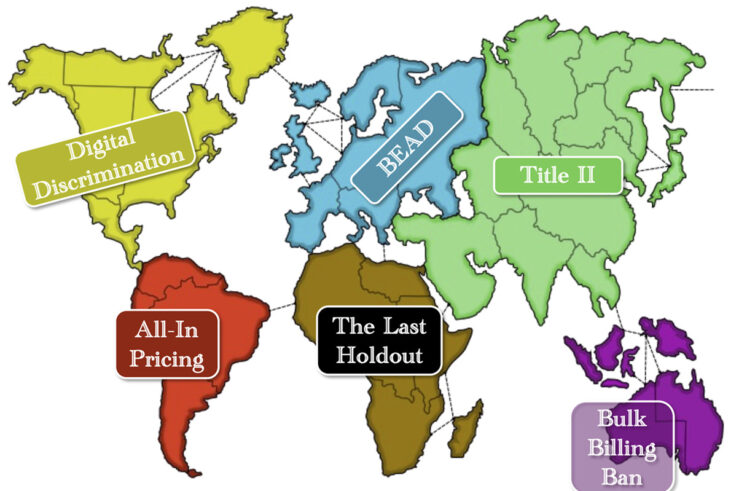Apparently to some people, intellectual disagreements are intolerable, and those who disagree intellectually can only be the most pathetic, worthless thing on the planet: Republican hacks (of the “ethics-free” variety). I’m talking about Brad DeLong here. I mention this because I posted a comment to DeLong’s silly post (does anyone know Glen Weyl? Anyone think he’s a Republican? Or a hack?) which he promptly . . . deleted. Hackery at it’s finest, I’d say. My comment was civil and sound, although I did say that DeLong’s post was “odd.” Anyway, my point is not (really) to call DeLong out for his absurdity (a few others have already done that–see, e.g., here). Rather my point is to draw attention to a succinct, clear, sound, and elegant argument in defense of the position that DeLong tars as held only by “ethics-free Republican hacks.” It isn’t being said enough, and certainly no one who reads Krugman and the New York Times with any regularity has heard it. But it (the argument against massive stimulus) needs to be taken seriously before we embark upon an endeavor that may do nothing to help our economy with nothing to show for it but a massive, irreversible increase in political power at the considerable expense of freedom and wealth.
The argument to which I refer was posted by Eugene Fama here. I’ll post a snippet below, but I implore everyone to read the whole thing. Moreover, the new blog on which the argument was written–The Fama/French Forum–is always excellent and a very wlecome addition to the econblogosphere. (Not for nothing are Fama and French perennial Nobel possibilities around here).
The general message bears repeating. Even when there are lots of idle workers, government bailouts and stimulus plans are not likely to add to employment. The reason is that bailouts and stimulus plans must be financed. The additional government debt means that existing current resources just move from one use to another, from private investment to government investment or from investment to consumption, with no effect on total current resources in the system or on total employment. And stimulus plans only enhance future incomes when they move current resources from less productive private uses to more productive government uses – a daunting challenge, to say the least.




